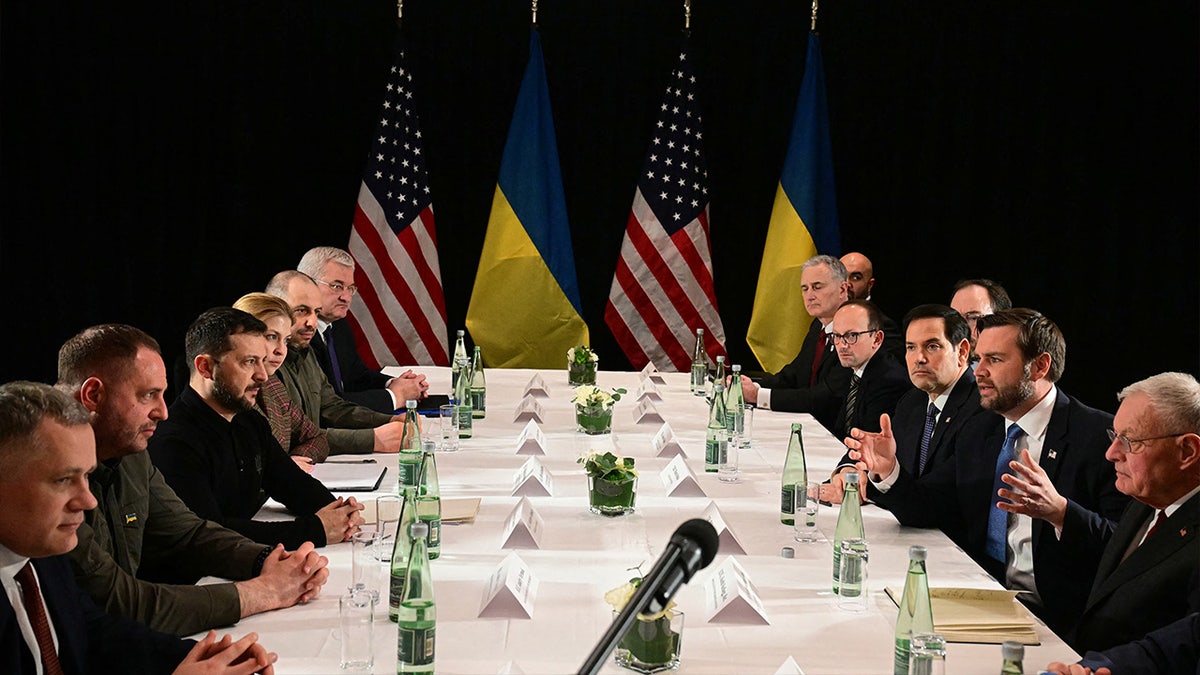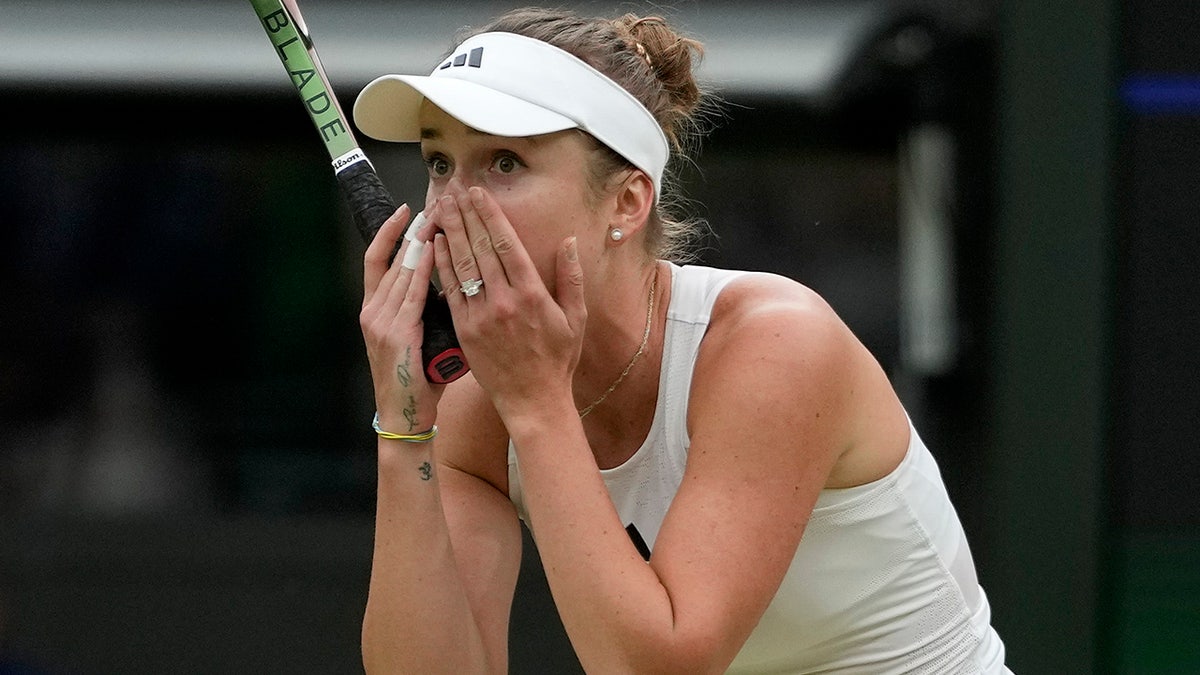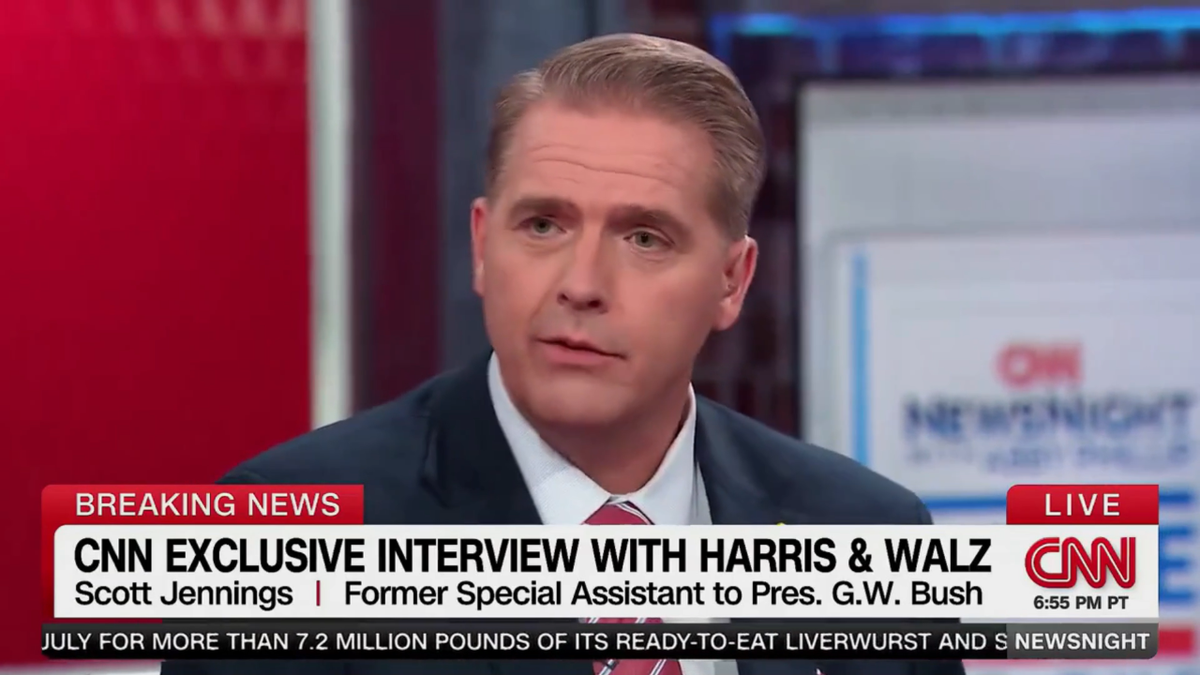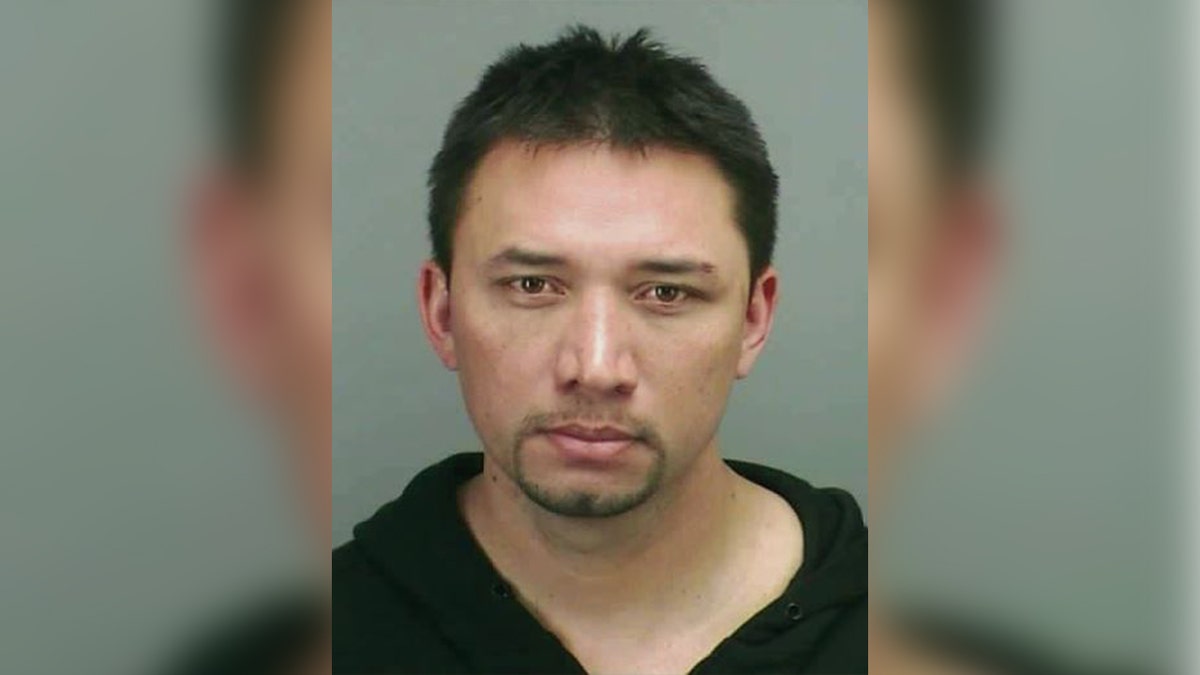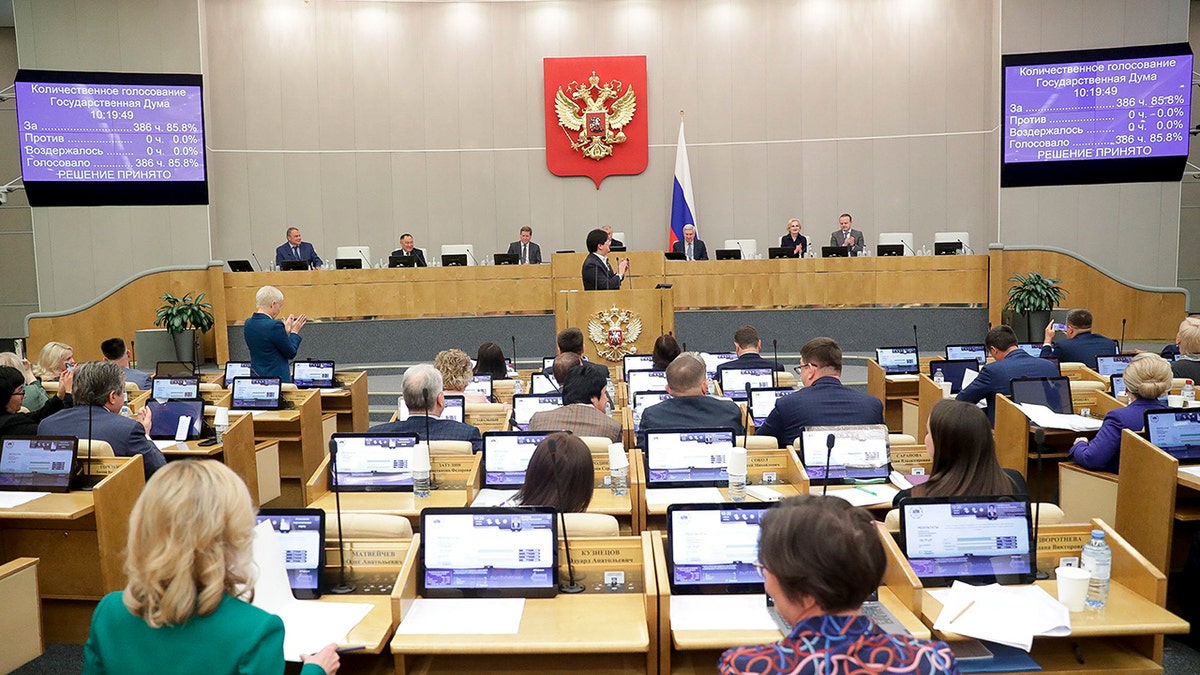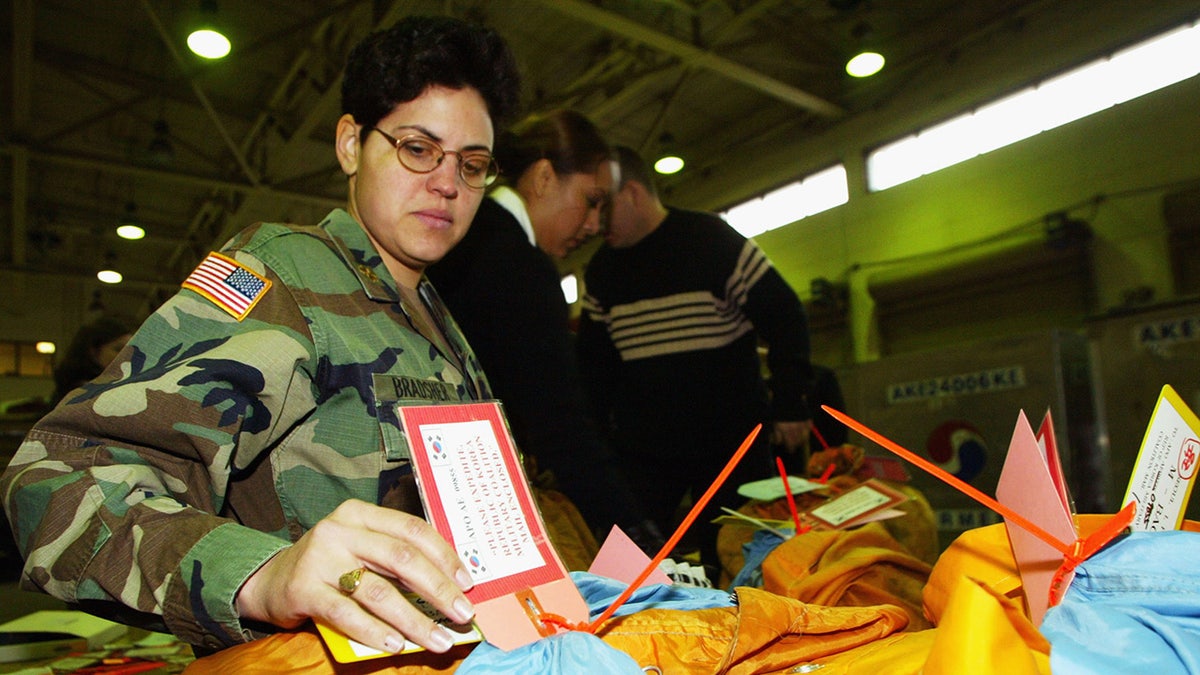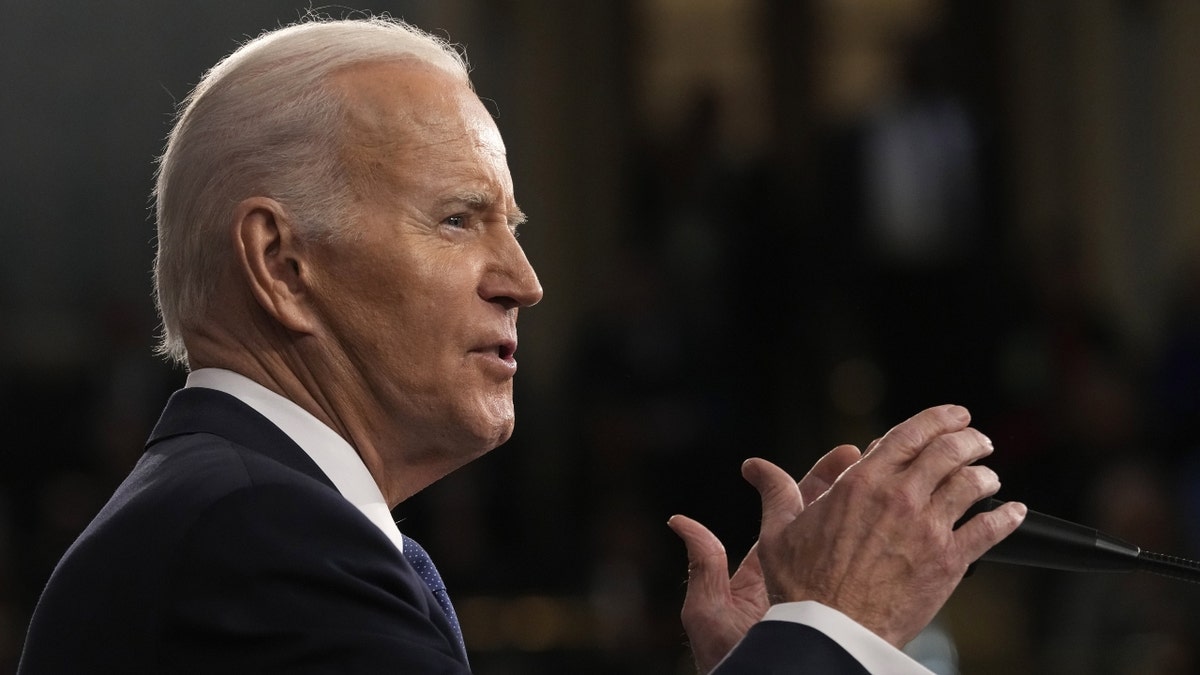Concerns are rising in Europe as President Trump seeks to negotiate an end to the Ukraine war without the direct involvement of European nations or Ukraine itself. EU policy chief Kaja Kallas stressed the importance of European inclusion in any peace deal, warning against inadvertently aiding Putin's attempts to fracture the US-European alliance. Kallas emphasized that a resolution excluding Europe is destined for failure, highlighting the strength of a united front against Russia's aggression.
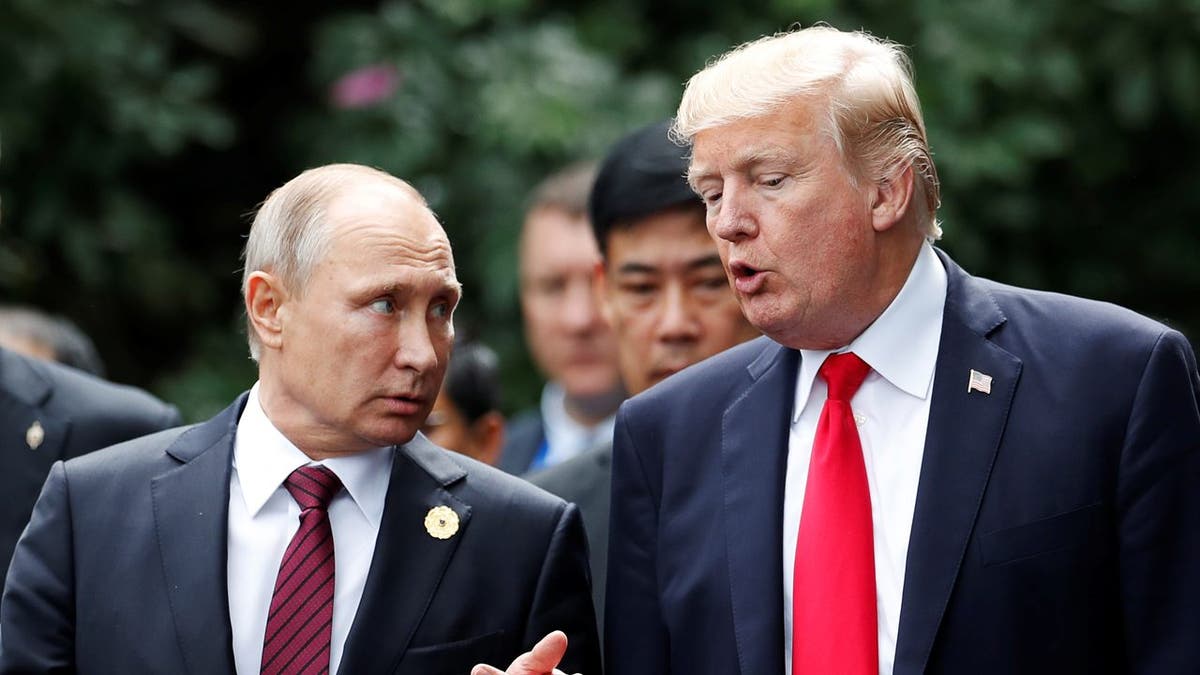
Following discussions between US and Russian delegations in Saudi Arabia, where diplomatic ties were re-established, anxieties intensified within Europe. These talks, focused on reopening embassies and re-engaging both geopolitically and economically, lacked Ukrainian or European representation, fueling apprehension. Ukrainian President Volodymyr Zelenskyy expressed his concerns, questioning Ukraine's absence from the negotiating table, given that the war is occurring within Ukraine's borders.
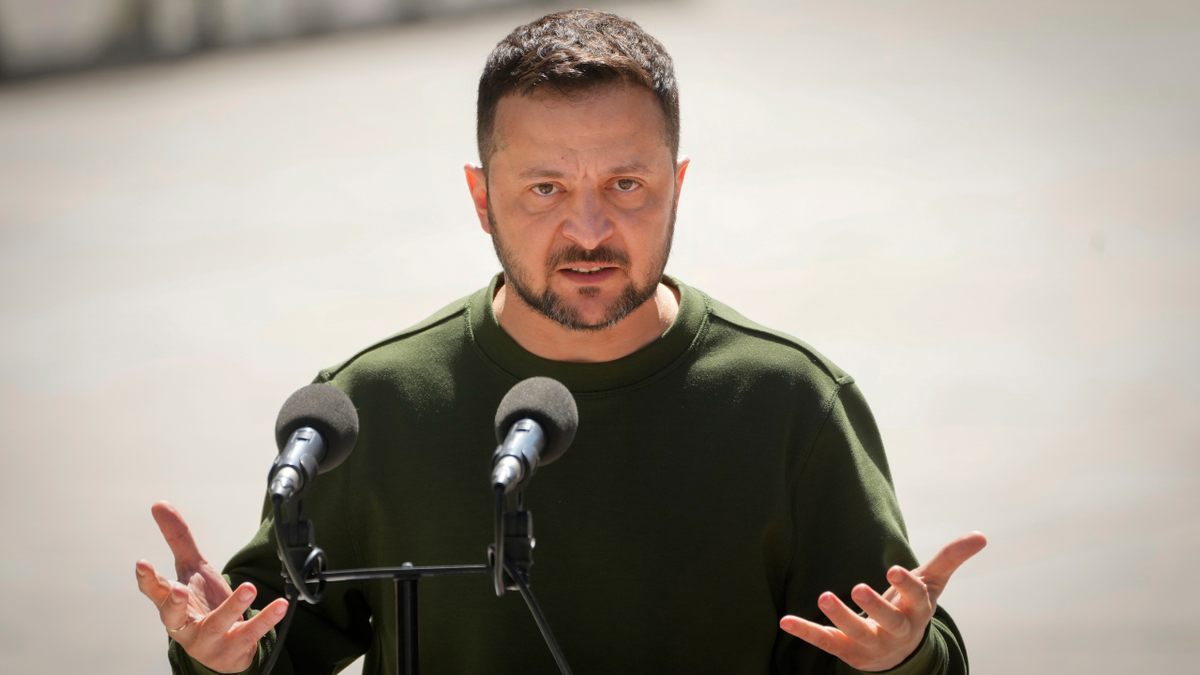
While Secretary of State Marco Rubio affirmed the necessity of Ukrainian, European, and Russian participation in any ceasefire agreement, some of Trump's statements have sparked frustration and worry. Kallas criticized the suggestion of Ukrainian presidential elections during a state of war, a move constitutionally impossible for Ukraine. She underscored the absurdity of such a proposal while Ukraine is under constant attack and millions are displaced, contrasting this with Russia's lack of free elections for 25 years. Kallas advocated for bolstering Ukraine's position through increased military aid, enabling Kyiv to negotiate from a position of strength.
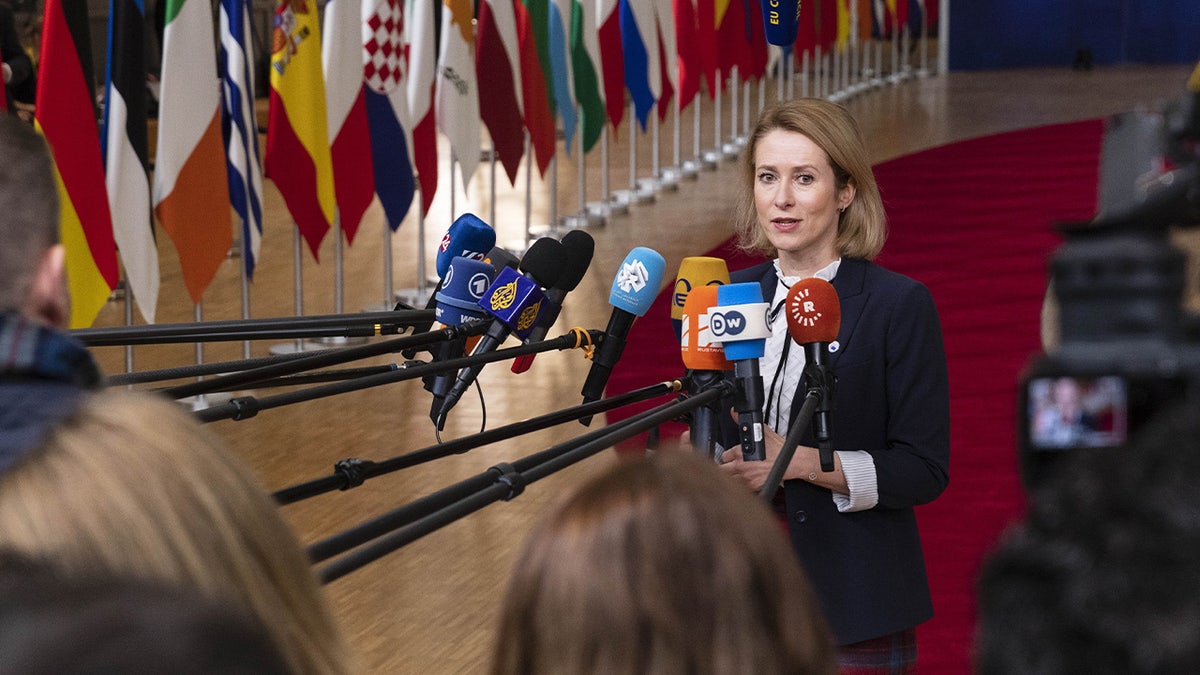
Reports suggest European leaders are planning a second emergency summit on Ukraine in Paris, following a smaller gathering of leaders from several European countries. Despite concerns about potential Western division, former DIA intelligence officer Rebekah Koffler argued that the US strategy doesn't signify abandoning allies. Koffler emphasized that NATO had ample time to prepare for and deter the war, pointing out prior warnings given to European officials about the Russian threat. She suggested Trump is shifting the responsibility for Europe's defense back to European nations, highlighting existing divisions within NATO regarding defense spending commitments.
